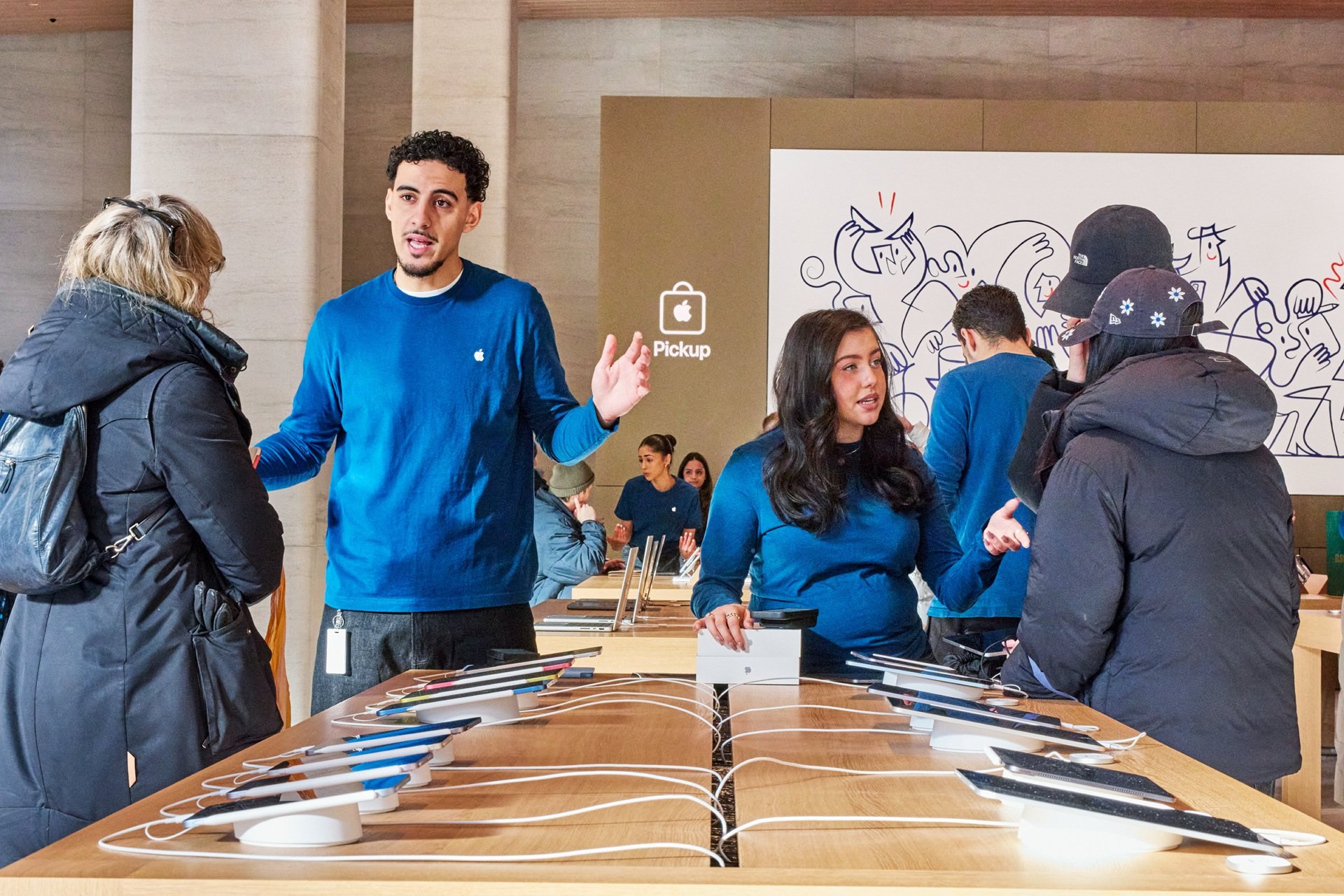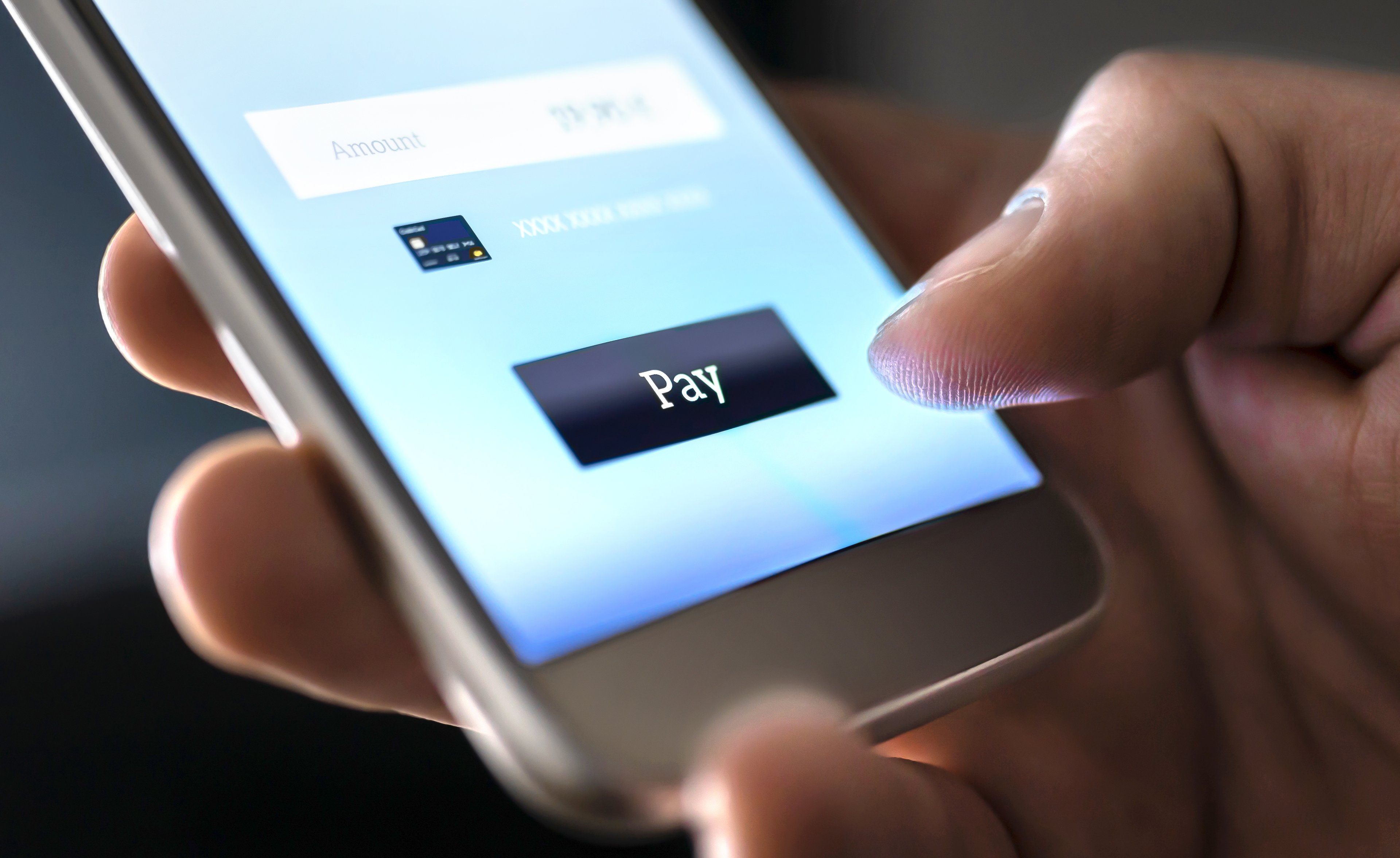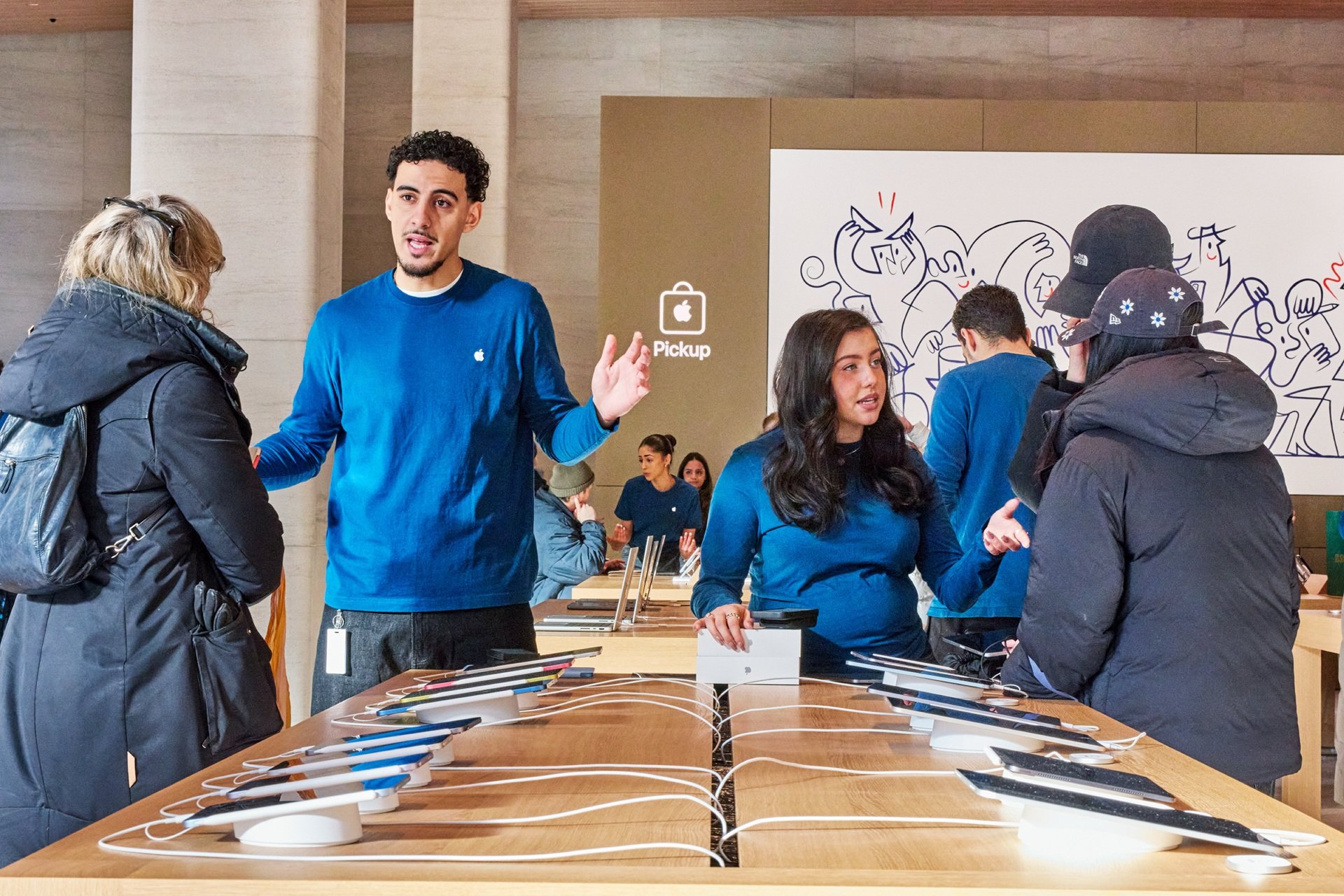
Image source: Getty Images.
Apple (AAPL +2.60%) iPhones and Spotify music services go together like peanut butter and chocolate. Cupertino offers a leading smartphone platform, and Spotify runs the leading music-streaming service with 100 million active users worldwide.
But Apple would very much prefer its customers to use iTunes and Apple Music for their entertainment needs. That desire has led Apple to block new versions of the Spotify app, according to a report from Peter Kafka at Re/Code. Is Apple making a grave mistake, or is it simply business as usual?
What's going on?
Kafka's article highlights a letter sent from Spotify's legal department to Apple's general counsel. In it, Spotify complains that the smartphone maker is using its absolute control of the App Store to hold back competitors in key markets. Spotify's top lawyer, Horacio Gutierrez, didn't mince words, either.
"This latest episode raises serious concerns under both U.S. and EU competition law," Gutierrez wrote. "It continues a troubling pattern of behavior by Apple to exclude and diminish the competitiveness of Spotify on iOS and as a rival to Apple Music, particularly when seen against the backdrop of Apple's previous anticompetitive conduct aimed at Spotify."
The letter has been sent to selected members of Congress, prompting Senator Elizabeth Warren to slam Apple for anticompetitive practices in the music industry. Raising Warren's ire at this point isn't ideal, given that the Senator seems likely to hold high office if the Democrats take home the elections in November.
In particular, Apple refuses to let Spotify collect subscription fees through its own payment system if the customer signed up for a paid account through the iOS Spotify app. So the music service must use the App Store billing system, which sends 30% of revenues directly to Apple, and cannot promote or even mention the existence of other payment options to Apple app users. This is why you'll pay $13 per month for a Spotify account opened via the iPhone or iPad apps, but only $10 monthly if you signed up at Spotify.com -- or the Android app.
Spotify has tried to work around Apple's rules in other ways, such as giving Apple-derived users a steep discount for a few months. That promotion ran for a while in 2015, and was revived last month -- until Apple threatened to kick Spotify out of the App Store due to noncompliance with the store's rules.

Image source: Spotify.
Who's right? Who's wrong?
Apple's position makes sense from a competitive point of view. The company runs its own music services, so why should it help out head-to-head rivals like Spotify? It's Apple's store, and Apple's rules. If you don't like it, grab your apps from somewhere else.
However, that's where competition law comes into play. There's no other way to get iPhone and iPad apps -- unless you're running a cracked version of Apple's iOS operating system. The devices simply won't install apps from anywhere else, and Apple is not allowing third-party app stores. If the latest Spotify version isn't coming to the Apple App Store, there's only one legitimate way to get it: You'll simply need to use a tablet or phone from a company not named Apple.
It should be noted that Horacio Gutierrez knows something about such tactics. As head of Microsoft's (MSFT +0.81%) intellectual property group for 10 years, Gutierrez has often been on the anticompetitive side of similar conflicts. He helped the software giant strike lucrative patent license deals over Android and Linux systems. Gutierrez is a staunch supporter of paid licenses for technology patents, and knows how to work a deal in that domain.
This is one of Gutierrez's first public bouts under Spotify's banner. The company teased him out of Redmond less than three months ago. At the time, Gutierrez told Corporate Counsel magazine that he was joining Spotify at a "really interesting point in the development in the music streaming business. The Apple tussle offers an early chance to let him shape that future.
What's next?
Spotify's complaint is not guaranteed to change the way Apple does business, but it should make CEO Tim Cook sit up and take notice. Similar claims in the book-publishing industry have indeed forced Apple's hand in that market, and that case went all the way to the Supreme Court. Inviting another dance with the SCOTUS Justices over the App Store looks like a risky move.
Meanwhile, Spotify is paving the way toward an IPO of its own. The Swedish company was valued at $8.5 billion a year ago. Since then, the service's list of paid customers has grown from 20 million to 30 million -- about twice the size of Apple Music's paid subscriber count.
This conflict could end in many different ways. Apple could change its App Store policies to fit Spotify's needs, the companies could settle their differences in court and live with whatever consequences that brings, the far larger Cupertino company could buy Spotify and merge it with Apple Music, or Spotify might just have to keep working around the App Store's rough edges, as before.
Some of these outcomes would shock me; running Spotify's issues up and down the court system in a multi-year case would not. Spotify has not yet filed a formal lawsuit, but Gutierrez probably has his people working on that document as we speak.
Grab some organic peanut butter and Scandinavian chocolate, then take a seat on your comfiest bean bag. This case will keep you entertained for a while.







